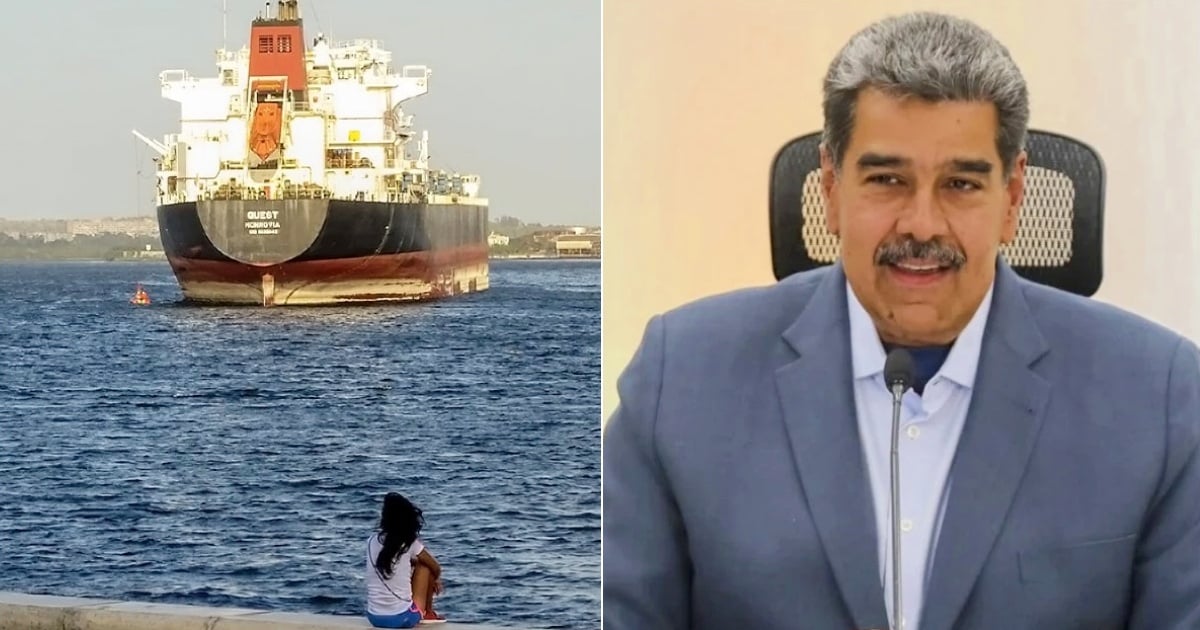The recent move by the United States government to revoke Chevron's license to operate in Venezuela marks a significant economic setback for Nicolás Maduro's regime. However, energy expert Jorge Piñón suggests this decision may indirectly benefit Cuba, a nation grappling with a severe fuel crisis.
Jorge Piñón, a senior research fellow at the University of Texas at Austin's Energy Institute, told Martí Noticias that Chevron's exit will force Venezuela to seek new markets and potentially increase its oil exports to strategic partners, including Cuba. "To maintain its production level, Venezuela needs to find new markets and boost sales volume to partners like India, China, and Cuba to compensate for the loss of Chevron's exports," Piñón explained.
Chevron, which operated in Venezuela under a 40/60 agreement with the state-owned Petróleos de Venezuela S.A. (PDVSA), was required to allocate 40% of its production to the U.S. market, leaving the remaining 60% for Venezuela. With the American company withdrawing, Maduro's regime gains full control of the production, which could lead to increased oil shipments to political allies.
Potential Impact on Cuba's Fuel Crisis
Over the years, Cuba has heavily relied on Venezuelan oil, importing roughly 55,000 barrels daily. However, in 2024, this figure dropped to 25,000 barrels per day, exacerbating the already critical energy situation on the island. According to Piñón, the suspension of Chevron's license may allow Venezuela to restore oil exports to Cuba to previous levels. "The action against Chevron will enable Venezuela to resume exporting around those initial 55,000 barrels per day to Cuba," noted the expert.
Indeed, crude and fuel shipments from Venezuela to Cuba saw a significant rise in February, reaching 42,000 barrels per day, based on vessel tracking data from Reuters. Venezuela's oil production in 2023 averaged 921,000 barrels daily, as reported by the Organization of the Petroleum Exporting Countries (OPEC). With Chevron's departure, Venezuela might attempt to sustain or even enhance this production to meet its obligations to allied nations.
The Barter Agreement Between Cuba and Venezuela
Cuba lacks the financial resources to purchase oil on the international markets, relying instead on a barter system with Venezuela. The island provides professional services, mainly in the health and education sectors, in exchange for Venezuelan crude. "Since the beginning, the arrangement between Cuba and Venezuela has been a barter agreement, where Cuba offers services to Venezuela, and Venezuela compensates with oil. Cuba has never paid in cash," recalled Piñón.
Meanwhile, Chevron has until April 3 to halt its operations in Venezuela, as mandated by the U.S. Treasury Department.
Implications of Chevron's Exit for Cuba and Venezuela
How does Chevron's exit affect Venezuela's oil exports?
Chevron's departure requires Venezuela to find new markets and possibly increase oil exports to key partners such as Cuba, India, and China to compensate for the loss of Chevron's contributions.
What impact does this have on Cuba's energy situation?
The situation could alleviate Cuba's energy crisis by potentially restoring Venezuelan oil exports to previous levels of around 55,000 barrels per day.
What is the nature of the agreement between Cuba and Venezuela?
Cuba and Venezuela have a barter agreement where Cuba provides professional services in sectors like health and education in exchange for Venezuelan crude oil.
